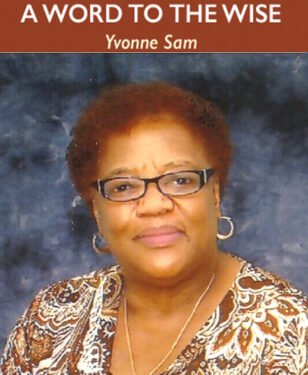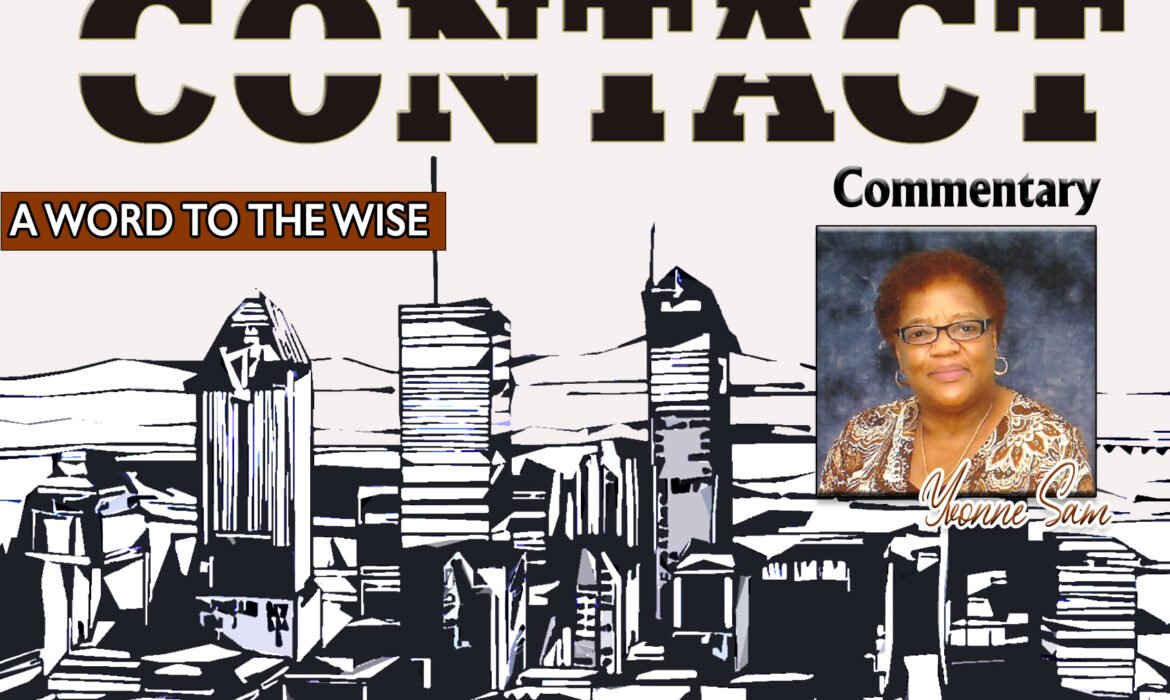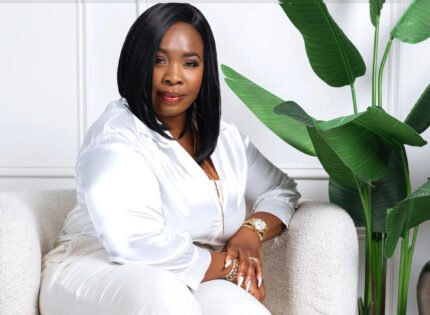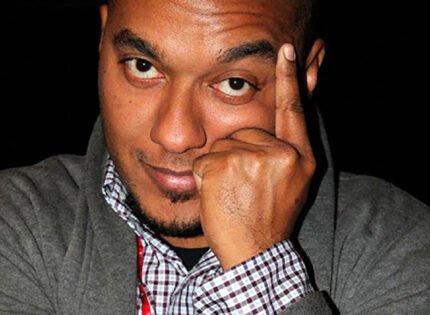 Globally, February has become synonymous with the ubiquitous celebration of Black History Month. However, over the years it has become apparent that the spirit of solidarity as regards Blackness and achievements, even during the shortest month of the year, has not been embraced by the Black diaspora and most notably Africa and some parts of the Caribbean. For whom is it really synonymous?
Globally, February has become synonymous with the ubiquitous celebration of Black History Month. However, over the years it has become apparent that the spirit of solidarity as regards Blackness and achievements, even during the shortest month of the year, has not been embraced by the Black diaspora and most notably Africa and some parts of the Caribbean. For whom is it really synonymous?
The notion of Black history month has its roots in the United States of America. It was founded by African American scholar Dr. Carter Godwin Woodson. Woodson, who earned a Ph.D. from Harvard University, had noticed that historians had left out the achievements of African Americans from the narrative of American history and that African Americans were underrepresented in the literature that shaped the study. To rectify this obvious flaw, Woodson and minister Jesse E. Moorland founded the Association for the Study of Negro Life and History in 1915 to promote the study of Black history as a discipline and to celebrate the achievements of African Americans. In 1926, Woodson launched the “Negro History Week” to bring attention to his mission and awareness to the issue. Woodson chose the second week in February to coincide with both Frederick Douglass’ birthday on February 14 and Abraham Lincoln’s birthday on February 12. His message spread quickly as the demand for teaching materials increased and spurred the formation of several Black history clubs. Woodson contended that the teaching of Black history was essential to ensure the physical and intellectual survival of the race within broader society.
As Woodson put it, if a race has no history, it has no worthwhile tradition; it becomes a negligible factor in the thought of the world, and it stands in danger of being exterminated.
After the American Civil War ended in 1865, the foreign-born Black population in the U.S. was predominantly of Caribbean origins, increasing between 1850 and 1900 from some 4,000 to over 20,000. As the Caribbean population took root in the U.S., they began to make significant contributions while being relatively unrecognized. Robert Campbell, Jamaican, became assistant principal of Philadelphia’s Institute of Colored Youth in 1855; David Augustus Straker, Barbadian, was a lawyer, educationalist, journalist and civil rights proponent; Jan Ernst Matzeliger, from Suriname, invented of a shoe-making machine in the 1870s; William Crogman, St. Martin, was a Latin and Greek scholar, former president of Clark College and a founder of the American Negro Academy; and Joseph Atwell, Barbadian, who in 1867 was the first Black man, after the Civil War, to be ordained in the U.S. Episcopal church.
The time has come for Blacks to introspectively address the question, “should West Indian/ Caribbean people celebrate this African American tradition?”
Most would immediately respond that we are Black people too. Rightfully so, but such a gesture can also be seen as the quasi Americanization of our Black societies. The adoption of this Afro-American concept has overshadowed our own heritage and significant contributions to the world. Do we as Caribbean people see enough of ourselves as global achievers on a consistent basis? How much do we know about ourselves? We must first appreciate our own dynamic history and stories of strength and perseverance. The historical value of our culture is immeasurable. Jamaica, with its population of 2.9 million people, is historically one of the most culturally influential countries in the world. St. Lucia produced Sir Derek Walcott, first Caribbean writer to win the Nobel Peace Prize for literature, Guyana produced influential historian and political activist Walter Rodney, Barbados has free education and in 2021 was named the first sovereign country to purchase digital land and will establish a metaverse embassy.
Reflection is imperative, especially with the passing of laws which have banned the teaching of Black history in Florida and other states, and the wholesale questioning of the Black experience. This is a dagger pointed at the heart of the celebration of Black History Month. If the backward classes succeed in pushing America into the past, Black History Month will perish. I have no doubt about this.
As we prepare to celebrate Black History Month, now more than ever we must in reverence and tribute pay close attention to the wonderful achievements of America’s Black population while paying attention to the ominous storm cloud on the horizon.
As America closes her door on the teaching of Black history, the Black community must now galvanize and utilize the lost years and opportunities in fostering a thirst for West Indian / Caribbean history, our history among generations present and past.
We must remain steadfast in the quest regarding this month and every other month as the continuation of a struggle to educate our young people, that we should use our history as a tool to unlock ignorance which has helped to dismember the fabric of our society.
Let us Caribbean people actively and consciously engage our past, present and future and not allow anyone or any system to give us permission to appreciate and celebrate ourselves, especially when what makes us special is endless.
Aleuta continua– the struggle continues.














